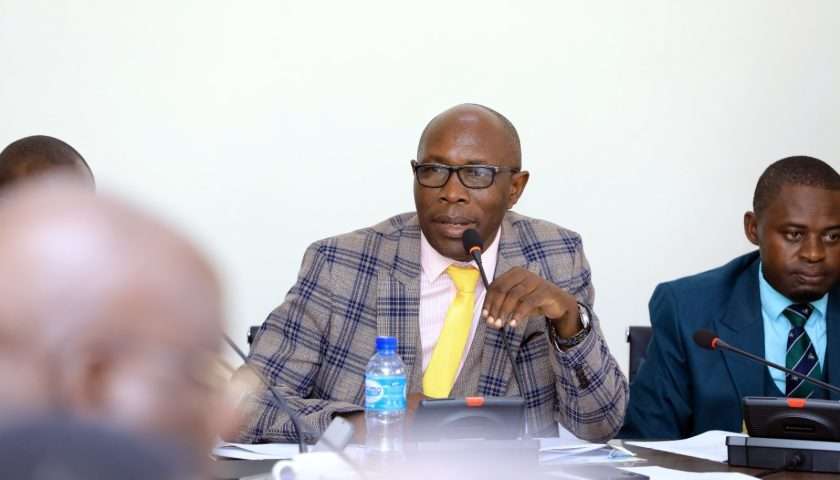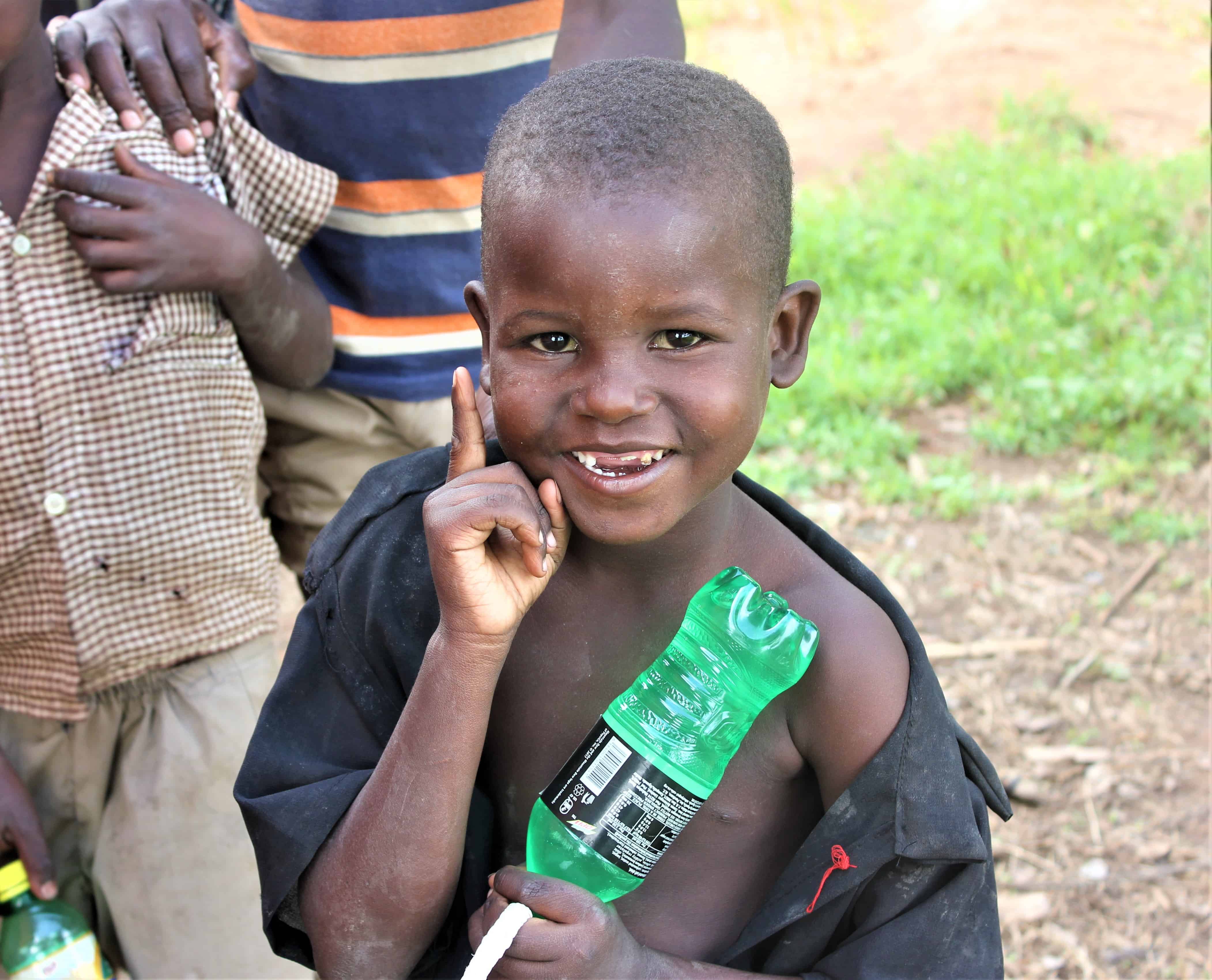The Uganda AIDS Commission (UAC) has called for an urgent allocation of sh300 billion to secure essential drugs and laboratory supplies for HIV treatment following a major funding cut from the United States government.
Speaking before the Parliamentary Committee on Health, Vincent Bagamba, the UAC’s Director of Planning, emphasized the need for immediate government intervention to sustain HIV treatment for over 1.9 million Ugandans.
“This is the time for the Government to take full leadership of the HIV response to ensure that the gains made against the pandemic are not reversed,” Bagamba stated.
The funding crisis comes amid the suspension of US-funded health programs, which has left thousands of healthcare workers in limbo. Recently, the Government urged affected workers to continue offering services as volunteers “in the spirit of patriotism” while efforts to resolve the crisis continue.
In a January 30 directive, Health Ministry Permanent Secretary Dr. Diana Atwine instructed all staff supported by the US Centers for Disease Control and Prevention (CDC) and USAID to halt work, following an executive order from former US President Donald Trump.
The order resulted in an immediate freeze on all US government grants, loans, and financial assistance programs in Uganda, significantly disrupting essential health services, including HIV/AIDS treatment programs, maternal and child health initiatives, malaria prevention efforts.
Government’s response to the HIV treatment crisis
In response, Dr. Atwine reassured the public that efforts are underway to integrate critical services into Uganda’s national healthcare system to minimise disruptions.
“Contracted staff willing to continue working in the spirit of patriotism as volunteers are encouraged to contact their respective hospital directors or the Ministry headquarters for integration into the healthcare system,” Dr. Atwine noted.
With HIV treatment access at risk, stakeholders are now urging the government to step up funding and take full control of the national HIV/AIDS response to prevent setbacks in the fight against the epidemic.

